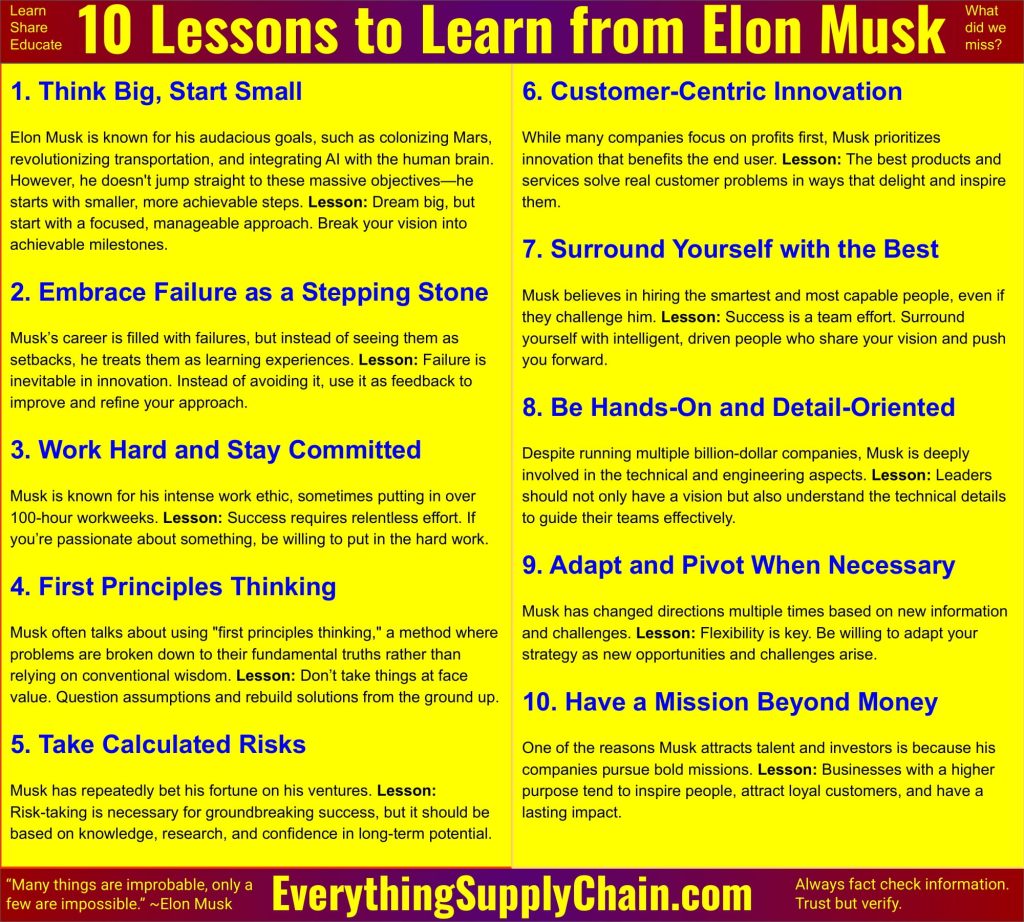Introduction to Quality Management.
TQM (Total Quality Management) is a management approach that seeks to improve the quality of products and services by involving all employees in the quality improvement process. TQM is based on the idea that quality should be built into a product or service from the design stage, rather than being inspected at the end of the production process.
The importance of TQM lies in its ability to help organizations improve the quality of their products and services, increase customer satisfaction, and reduce costs. TQM can also lead to improved employee engagement and motivation, as well as increased efficiency and productivity.
Deming, also known as W. Edwards Deming, is considered one of the most influential figures in the development of TQM. He is highly regarded for his work in promoting the principles of TQM, particularly in the field of manufacturing.
Deming developed a 14-point philosophy for quality management, which includes key principles such as:
- Constancy of purpose: Setting clear goals and objectives for quality improvement.
- Continual improvement: Continuously seeking ways to improve products, services, and processes.
- Emphasis on leadership: Encouraging strong leadership and management to guide the quality improvement process.
- Employee involvement: Involving all employees in the quality improvement process.
Deming’s work emphasized the importance of management’s role in driving quality improvement and the need for a long-term commitment to quality. He also emphasized the importance of data-driven decision making and the use of statistical methods to track and improve quality.
Deming’s ideas and methodology have been widely adopted in manufacturing, healthcare, and service industries. The Deming Prize for quality, established in Japan in 1951, continues to be the most prestigious award for quality in the world, and is widely considered as the equivalent of the Nobel prize for quality.
In summary, TQM is an important management approach for organizations looking to improve the quality of their products and services, increase customer satisfaction, and reduce costs. W. Edwards Deming is highly regarded for his contributions to the development of TQM, particularly his 14-point philosophy for quality management, which continues to be widely used today.
What is Total Quality management (TQM)? | 7 Principles of Total Quality Management
Quality and Continuous Improvement
- Deming, Juran and Crosby Quality Philosophies
- Dr. Deming Quotes – Continuous Improvement
- First Principles: Elon Musk Method of Thinking
- Great Collection of Quotes about the Toyota Production System
- How to Deal with Change – Who Moved My Cheese?
- How Toyota Changed Manufacturing – Lean Thinking
- John Shook Explains the Lean Transformation Model
- Kaizen (Continuous Improvement): Secret behind Japanese Productivity
- Lean Six Sigma In 8 Minutes
- Lean vs Kaizen – The foundations of the Total Productive System and Continuous improvement.
- Quality as part of Supply Chain
- The Path to Success with Paul Akers – Lean Manufacturing.






